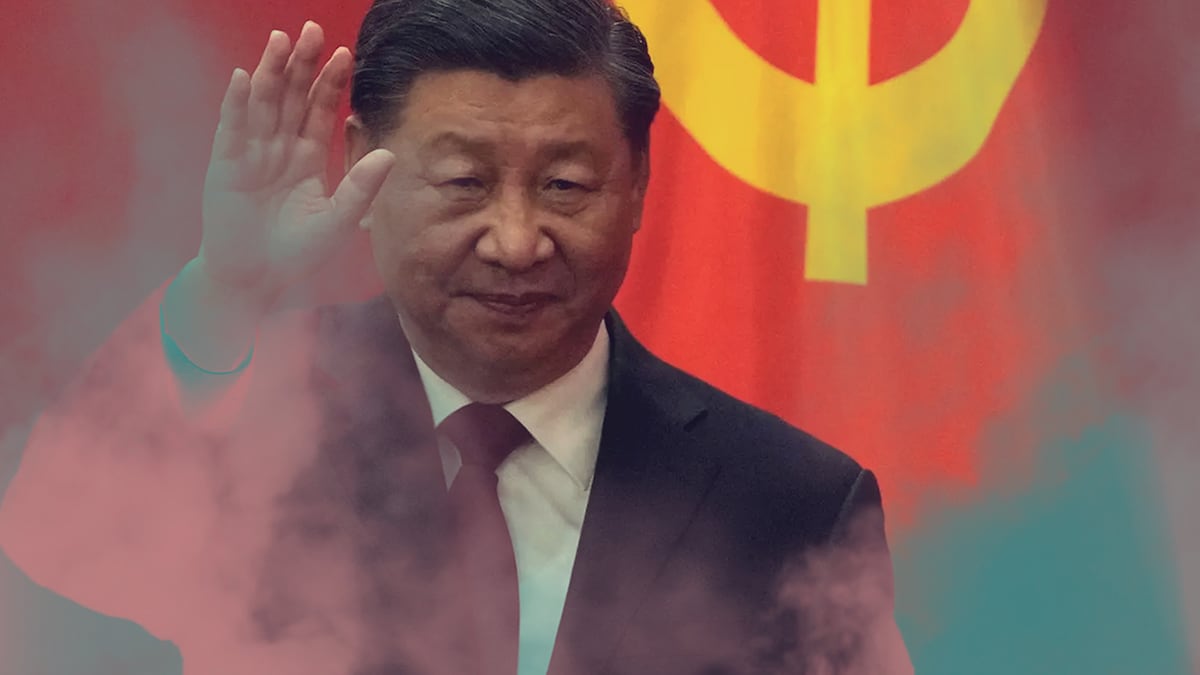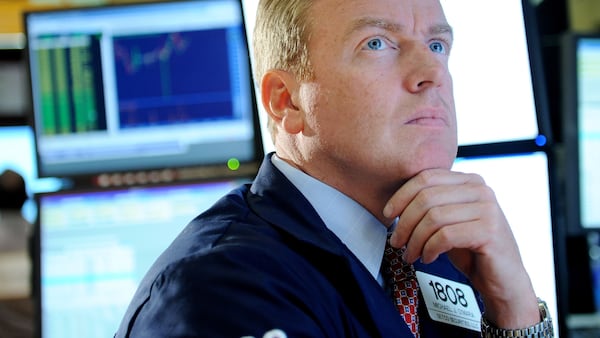- The advent of ETFs for Bitcoin and Ether in Hong Kong is raising hopes about China's crypto demand.
- A couple of Chinese asset management firms are in the mix.
- Some analysts say demand may not materialise.
When Hong Kong approved the rollout of spot Bitcoin and Ether ETFs on April 15, one of the most significant implications was whether access for mainland Chinese investors would be possible.
This is potentially huge because Chinese crypto investors have been barred from speculating in the market since 2021. If mainlanders can start pouring money into the market, well, that would be a deep new source of liquidity.
Alessio Quaglini, co-founder and CEO of Hex Trust, told DL News earlier this week that Hong Kong’s embrace of crypto could unlock billions in potential demand.
“While the official stance on mainland investor participation remains unclear, China’s recent interest in alternative assets, like gold, suggests a potential appetite for Bitcoin exposure,” Quaglini said.
The catch? It’s not clear if restrictions against Chinese investment in crypto will extend to ETFs.
If restrictions do not apply to the ETFs, this could be the key that unlocks a gusher of new investment capital.
But that’s a big if. The process of turning Hong Kong’s plan into a practical blueprint for asset managers is only beginning.
Eric Balchunas, for one, isn’t so sure China is going to be okay with this new route for speculation.
This week, the senior ETF analyst at Bloomberg Intelligence warned investors not to count on a heavy mainland Chinese inflow into Hong Kong’s Bitcoin funds.
“We think they’ll be lucky to get $500m,” Balchunas said on X.
“If Chinese investors start buying and the govt doesn’t crack down that could change things but as far as we know the govt ban on Bitcoin will include the ETFs,” he said.
Even if Chinese investors are locked out, the potential Bitcoin and Ether ETFs have strong links to mainland China.
Still, Hong Kong and the mainland have operated a cross-border programme for investing in financial products, including ETFs, for around a decade.
The connect programme requires certain criteria to be met by ETFs, including being listed for at least six months, and maintaining a daily average of assets under management of at least HKD 1.7 billion (US$217 million), according to the Hong Kong Stock Exchange website.
Getting around the restrictions
That said, investment restrictions around cryptocurrencies haven’t stopped China’s citizens much in the past.
Between July 2022 and June 2023, $86.4 billion in raw transaction volumes came from the Chinese market, according to Chainalysis.
Even if Chinese investors are locked out, the potential Bitcoin and Ether ETFs have strong links to mainland China.
The providers that have received approval for the Bitcoin and Ether offerings, Harvest Global, Bosera, and China Asset Management, are mainland Chinese companies with offices in Hong Kong.
In Harvest Global’s case, the ETF approval has come even as it has started to wind down its overseas offerings and shifted more to helping mainland Chinese invest abroad. In January this year, it cut its Hong Kong staff by half, according to Reuters.
“It is minimally a strong signal that at least the mainland is tolerant of this,” HB Lim, managing director APAC at BitGo told DL News.
“Whether or not to open it up for local Chinese citizens to trade is a different thing.”
Quick Bites
- Hong Kong approved its first spot Bitcoin and spot Ether ETFs on April 15.
- In more ETF news, other nations in Asia may be poised to issue spot Bitcoin ETFs, including South Korea and Taiwan.
- Binance is finally set to establish an official headquarters. Could it be in Singapore?
Callan Quinn is DL News’ Hong Kong-based Asia Correspondent. Get in touch at callan@dlnews.com.







